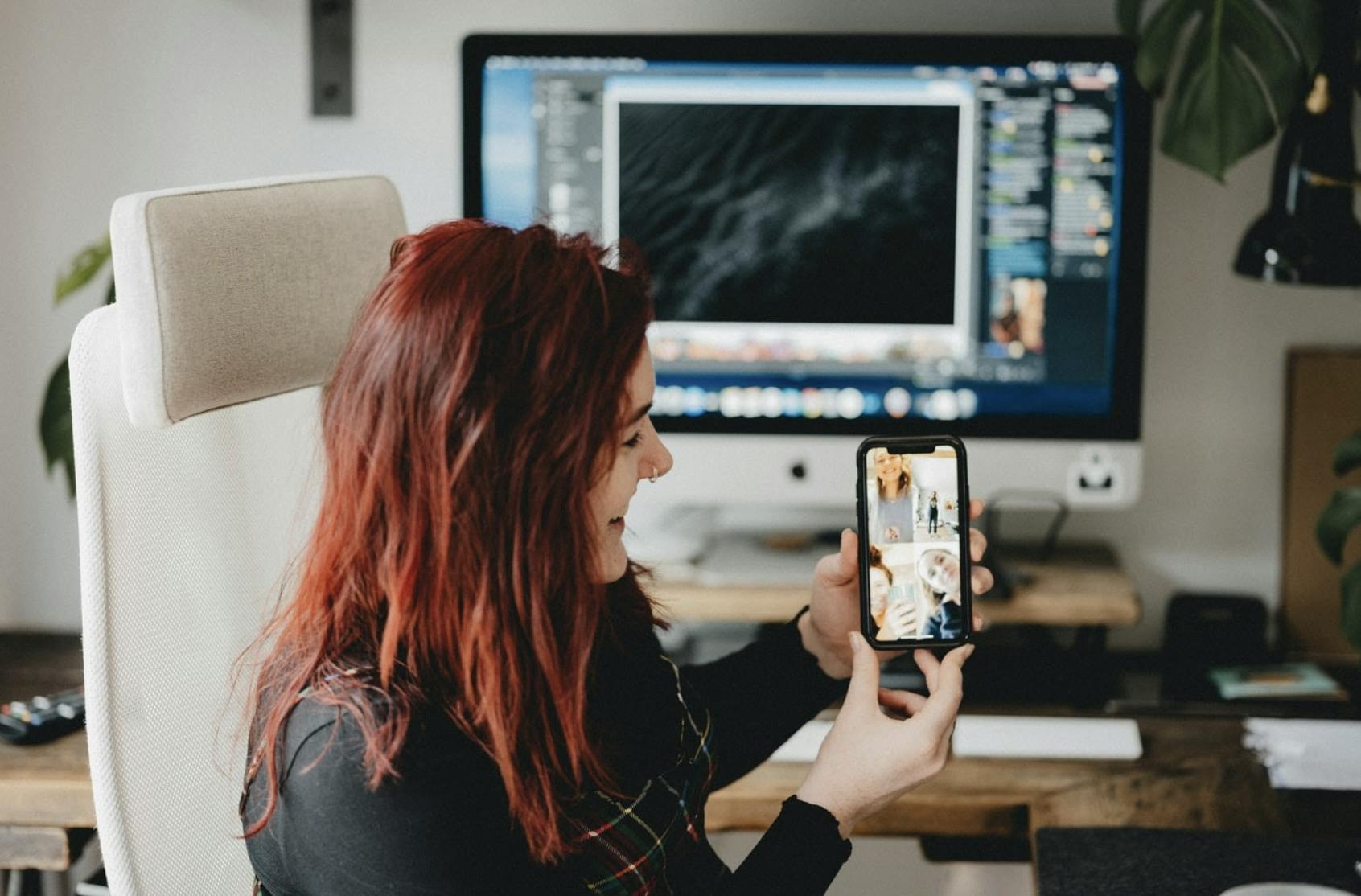Even before you enjoy your morning cup of coffee, apps likely influence your day.
From guided meditation (cue the soothing voice of Headspace’s Andy Puddicombe) to incrementally learning how to speak Spanish, modern life is tightly intertwined with apps. They have the potential to make you healthier, happier, and more productive (OK, and sometimes less productive if we’re honest).
Many apps have shifted from utility to experiential. Whereas in the past, you largely asked what apps could do — remember: “There’s an app for that!” — you now ask apps who they can help you become. Fitness, food, and sleep tracking apps leverage cutting edge behavioral science to inspire healthier habits; dating, gaming, networking, and social media apps help us grow our community, express our identity, and strengthen interpersonal ties.
Deeper Relationships
All this is to say that Americans have deeper relationships with some apps than ever before.
The global pandemic is accelerating this trend. According to data from the app intelligence firm App Annie, worldwide app usage is spiking. “Monthly time spent in mobile apps grew 40% year over year in Q2 2020, reaching an all-time monthly high of over 200 billion hours during April 2020,” reports the study.
The increased app usage isn’t exactly surprising. Industries and organizations that historically resisted apps and other virtual products are rapidly adopting them to replace establishments such as public schools, networking events, conferences, trade shows, doctor visits, fitness classes, workplaces, parties, concerts, restaurants, movie theaters, and more.
More Important During COVID-19
Loss of these essential, communal facets of life makes us sadder: depression in the United States is more than three-fold higher during COVID-19 than before the COVID-19 pandemic.
Apps containing messaging features help mitigate the loss of, well, life as we know it, by inspiring connection, support, and help. Technology can’t replace in-person interactions. There’s a reason why your Zoom happy hour with friends left you feeling less-than-satisfied and not nearly as content as a face-to-face meetup would produce.
However, tech such as chats, video conferencing, and email do help people feel less isolated in tough times, contributing to greater use and retention.
For many, in-app messaging represents a beacon. Even in physical isolation, there’s someone on the other side, reaching out to say hello.
Want to learn more about how in-app chat increases user engagement? Download Stream’s comprehensive white paper here.

